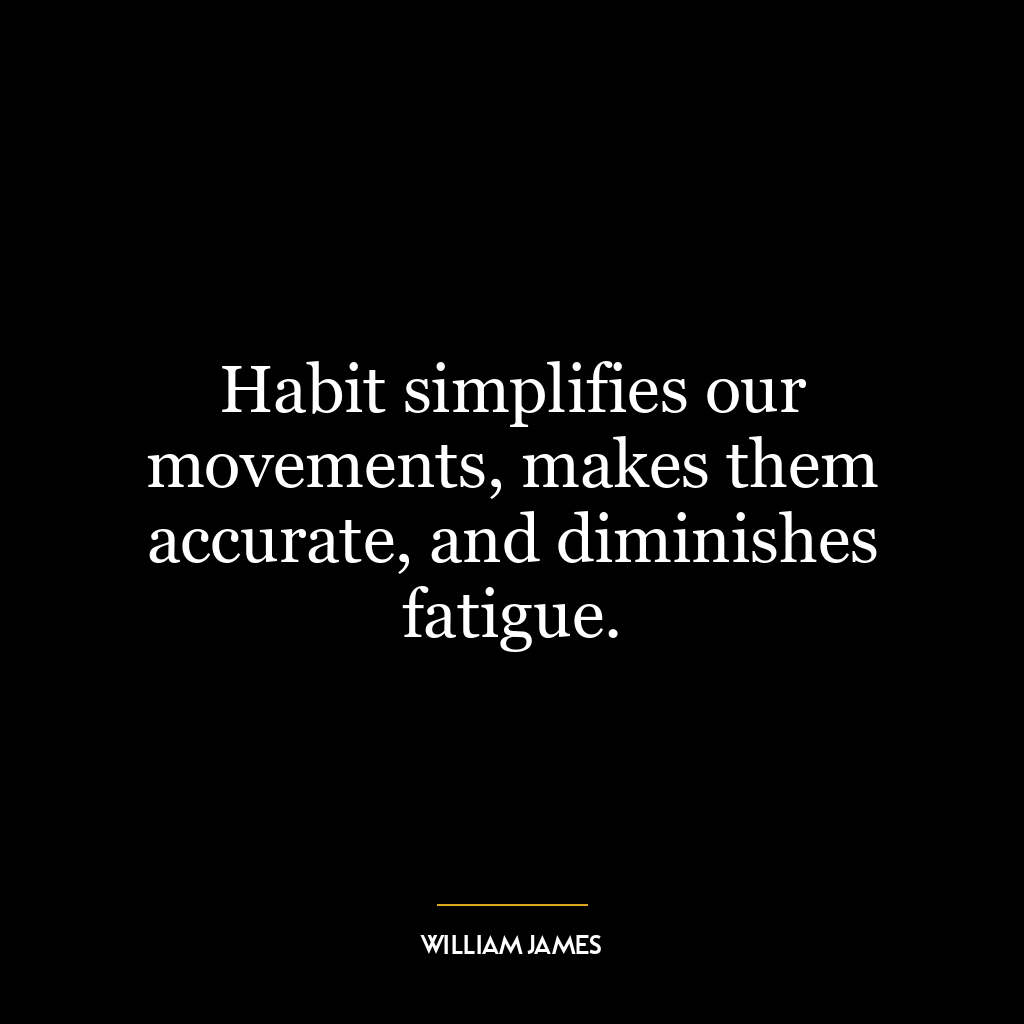There are two types of claims: those based on hard numbers and those based on slippery numbers.
This quote essentially discusses the difference between two types of claims or arguments: those that are based on concrete, irrefutable evidence (hard numbers), and those that are based on more ambiguous or subjective data (slippery numbers).
Hard numbers are objective and quantifiable. They are facts that can be measured and proven, like statistics, percentages, and other numerical data. They provide solid, indisputable evidence to support a claim or argument. For instance, if a company claims that their sales have increased by 20% in the last quarter, this is a claim based on hard numbers.
On the other hand, slippery numbers are more subjective and open to interpretation. They might be based on personal experiences, anecdotes, or qualitative data. They can be manipulated or skewed to support a particular viewpoint. For example, if a politician claims that the majority of people in their country are unhappy with the current government, but doesn’t provide any concrete data to support this claim, it is based on slippery numbers.
In today’s world, we constantly encounter both types of claims. In the realm of politics, business, and even personal development, people use both hard and slippery numbers to persuade, convince, or manipulate others.
In the context of personal development, understanding the difference between these two types of claims can be incredibly beneficial. For instance, when setting personal goals or making decisions, it’s important to base them on hard numbers whenever possible. This could mean researching reliable data, tracking your own progress over time, or seeking out objective feedback.
However, it’s also crucial to recognize the value and limitations of slippery numbers. Personal experiences and emotions, while subjective, are still a vital part of the human experience. They can provide valuable insights and perspectives that hard numbers might miss. But it’s also important to be aware of how these slippery numbers can be manipulated, and to question the sources and validity of the information we receive.
In conclusion, the quote highlights the importance of critical thinking and discernment in interpreting and using information, whether it’s in the form of hard or slippery numbers. It encourages us to seek out objective evidence, but also to value and critically analyze subjective experiences and claims.









